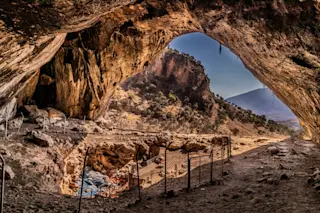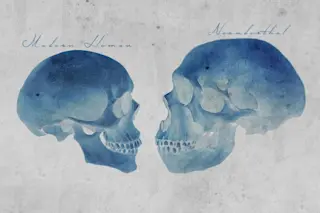Chris Mooney's latest book has got me thinking about the nature of political ideology. One of the major insights from works such as The Origin and Evolution of Cultures is that human societies can adapt and map themselves upon the environment with a few simple heuristics. A primary dynamic by which group behaviors propagate and enforce themselves is the do-what-my-neighbor-does rule-of-thumb. Obviously this is not always optimal. Sometimes it is needful to think for oneself. But thinking for oneself is cognitively expensive. Doing what everyone else does is cheap. Figuring out what you want to do for yourself is time consuming, and requires deliberation. There are analogies here between "hard & fast" reflexive cognition, and "slow & deliberate" reflective cognition. A rough behavioral ecological truism is that the returns on tracking the environment, rather than simply doing what you and everyone else has always done, is contingent upon the rate ...
Political ideologies as optimization strategies
Explore how political ideology evolves in response to environmental changes, highlighting liberalism and conservatism's adaptive strategies.
More on Discover
Stay Curious
SubscribeTo The Magazine
Save up to 40% off the cover price when you subscribe to Discover magazine.
Subscribe












